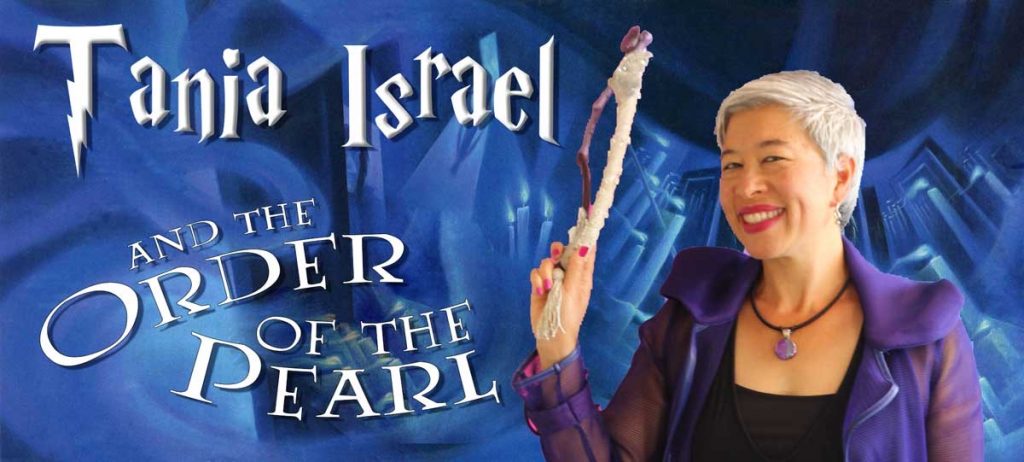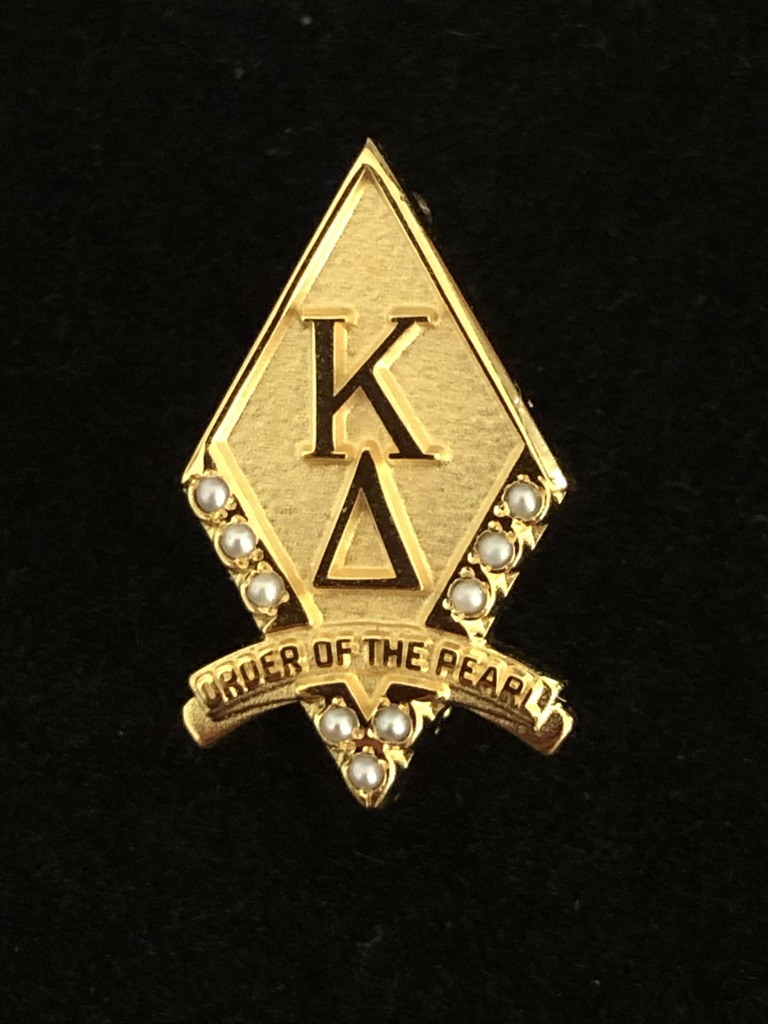
This summer, I had the distinction of receiving Kappa Delta’s alumnae honor, The Order of the Pearl, in recognition of outstanding contributions to society. The nomination letter, written by my sisters in the Sigma Theta chapter, detailed my decades of research on LGBTQ issues, as well as my more current work on dialogue across political lines. As I reflect on my path to the Pearl, I am struck by apparent polarities that bring to mind the truth that each of us is more than one thing.
Kappa Delta was founded in 1897 by Lenora Ashmore Blackiston, Mary Sommerville Sparks Hendrick, Julia Tyler Gardiner Wilson and Sara Turner White. These women were students at the State Female Normal School in Farmville, VA. Could these White, Southern women have imagined that more than a century later, I would receive the Order of the Pearl, the recipient of which must have “exemplified in every way the ideals of the sorority through service to the community?” Could a biracial, Asian American, bisexual, Jewish, Buddhist feminist exemplify the ideals of their sisterhood?
Truly, though, for all the difference between myself and the privileged, White women who founded the sorority, I can find similarities. Like the originators of Kappa Delta, I was trained as an educator. Like Julia, the child of an academic; like Lenora, I was drawn to causes. Like all of them, I am a daughter of Virginia, having been raised in Charlottesville, just 60 miles from Farmville.
Home of UVa, Charlottesville is a college town surrounded by rural Virginia. Growing up there in the 1970’s and 80’s, it was a mix of Black and White, of transplanted faculty families and people who made up the fiber of the community for generations, country club members and mechanics, church folks and, well, other church folks. And there was only one public high school. So I got to know them all, take classes with them all, participate in marching band and theater and student government and powder puff football with them all. And that made a difference in who I became. Interacting daily with people of different backgrounds, it’s easy to see beyond stereotypes, to see that they are more than one thing.
In college, I was the only member of Penn’s first class of Women’s Studies majors who was also in a sorority. I joked that Kappa Delta was a “feminist, separatist community.” Indeed, I was not the only feminist in the chapter, but that is not what drew me to the sisterhood. I liked to dismantle patriarchy by day and don a cocktail dress and tiara in the evening, and Kappa Delta offered me space to do all of that. But the sisterhood was not only a venue for mixers and formals, it was an organization that cultivated leadership and helped women feel connected, supported, and celebrated. As a campus Peer Health Educator, I kept the sorority house stocked with condoms and did programming on contraception, safer sex, and sexual assault. When I won the campus Alice Paul Award for leadership among women, my sisters were thrilled, and I was acknowledged in the national magazine for receiving an award named for a radical suffragist. As a member of the sisterhood, I felt welcomed and appreciated for all of my complexity, for being more than one thing.
And when I attended my 30th college reunion, I saw who those women had become, and they were amazing. They were leading, advocating, educating, influencing, healing, and creating. As we reminisced, revisited our college haunts, crashed a few receptions, and paraded through campus, I was delighted that they were, as I remembered them, also warm and hilarious and fun. They were more than one thing.
Among notable Kappa Deltas, a particular pairing stands out to me: Christine Blasey Ford and Amy Coney Barrett. Supreme Court Justice Barrett was appointed by President Donald Trump. Her nomination and confirmation were controversial, given the timing so close to an election and in light of Senate Republicans’ refusal to consider President Obama’s nominee during an election year. In contrast, Dr. Ford testified before the Senate Judiciary Committee that she was sexually assaulted by Brett Kavanaugh during the hearing for President Trump nominee, Kavanaugh’s, Supreme Court confirmation process. These two women, both accomplished academics entered the national spotlight in the context of the most divided political landscape our country has endured in recent history. I marvel at this organization that can embrace women who symbolize opposing positions of the political divide. Clearly, Kappa Deltas are more than one thing.
It’s not always easy to be more than one thing, to reflect complexity, to embrace diversity. For sure, the Greek system, including Kappa Delta have room to grow in terms of inclusivity. Nonetheless, I am proud to be a member of this sisterhood that grapples with these challenges, lifts up women, and shines a light on our accomplishments. Thank you, Kappa Delta.

